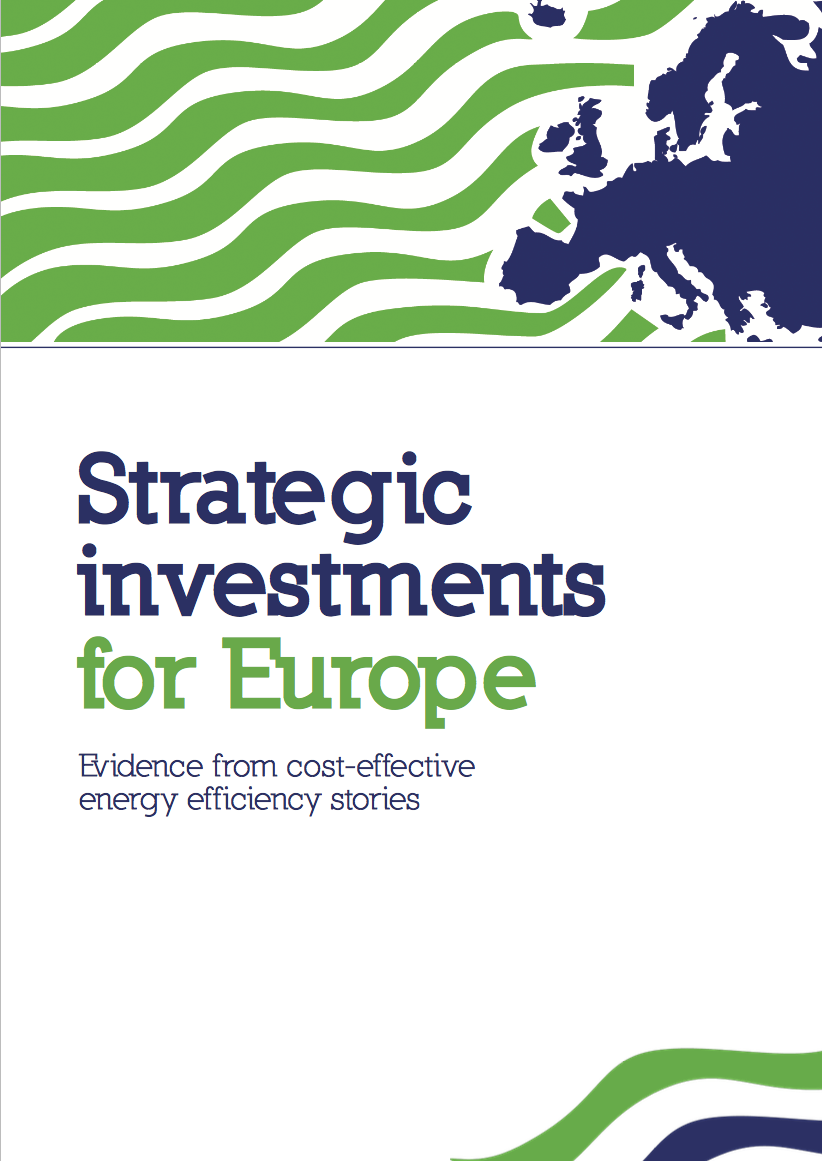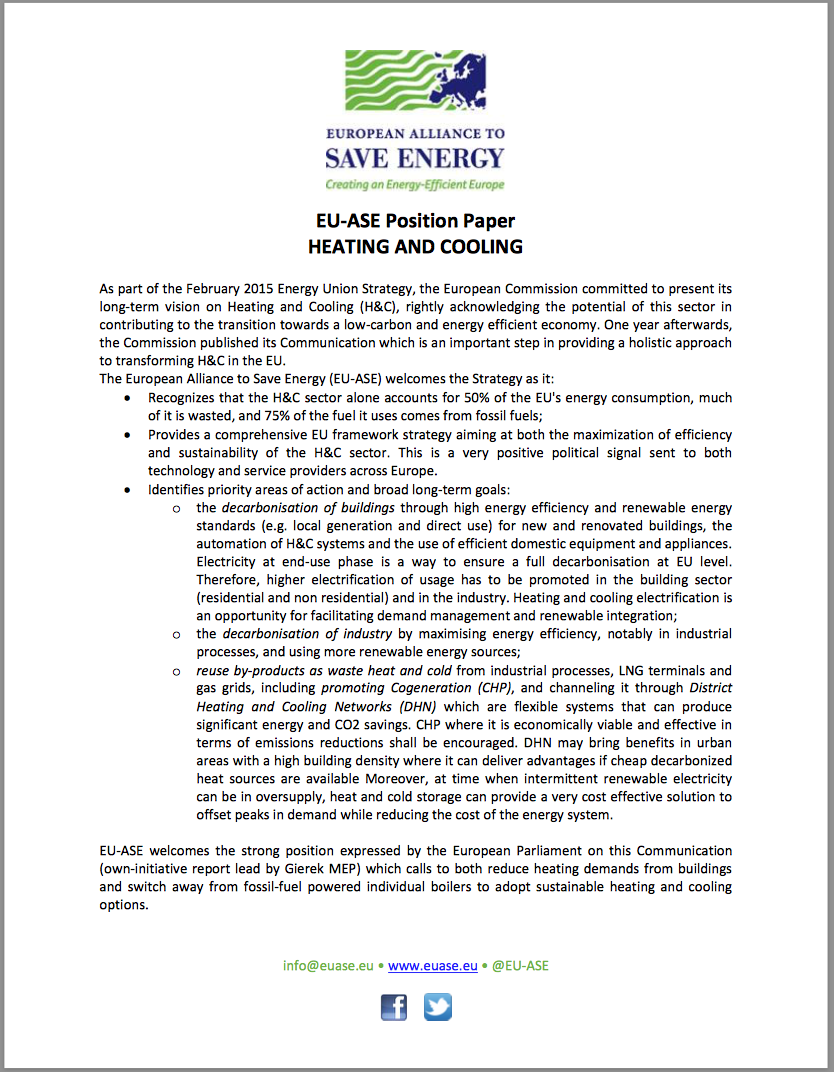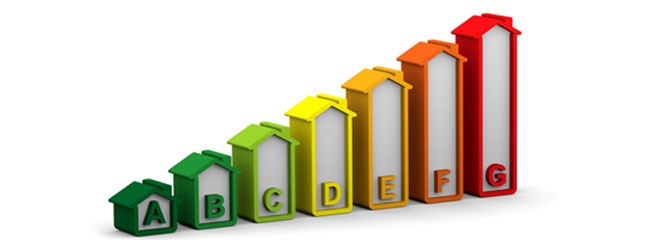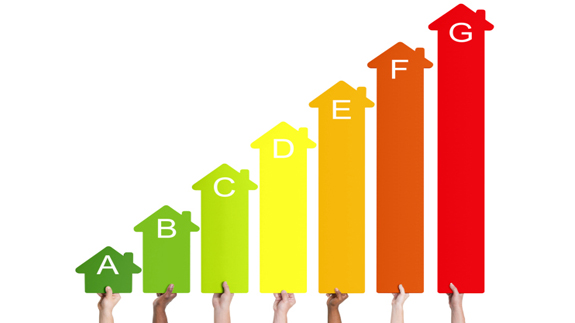Strategic investments for Europe: Evidence from cost-effective energy efficiency stories

Energy efficiency must be considered a political priority through an EU binding target of at least 40% for 2030. This will give a clear signal to the investor community at large, and it also aligns well with the political position expressed on more than one occasion by the European Parliament and with the requirements set out by the objectives of the Paris Agreement. Such a target would generate annual savings worth €1tr-€2tr during 2020- 2030 and create between 1 and 1.5 million jobs, mostly dedicated to renovating our existing infrastructure and continuing to develop Europe’s world-leading, innovative technologies.




